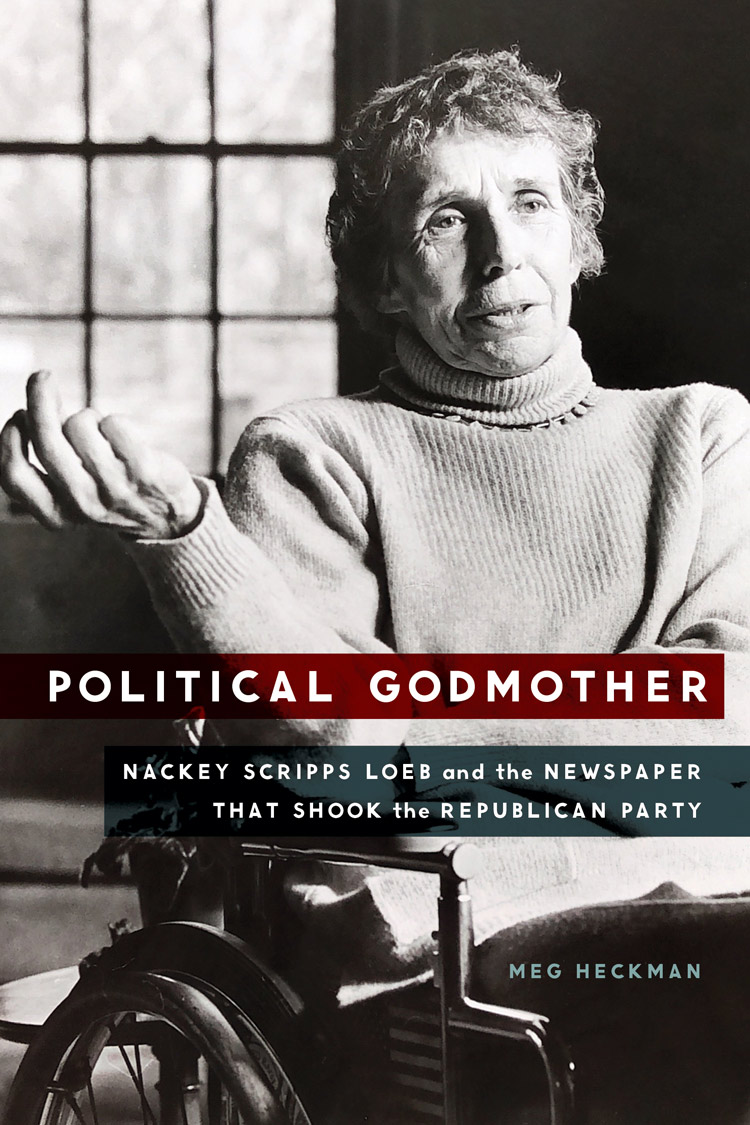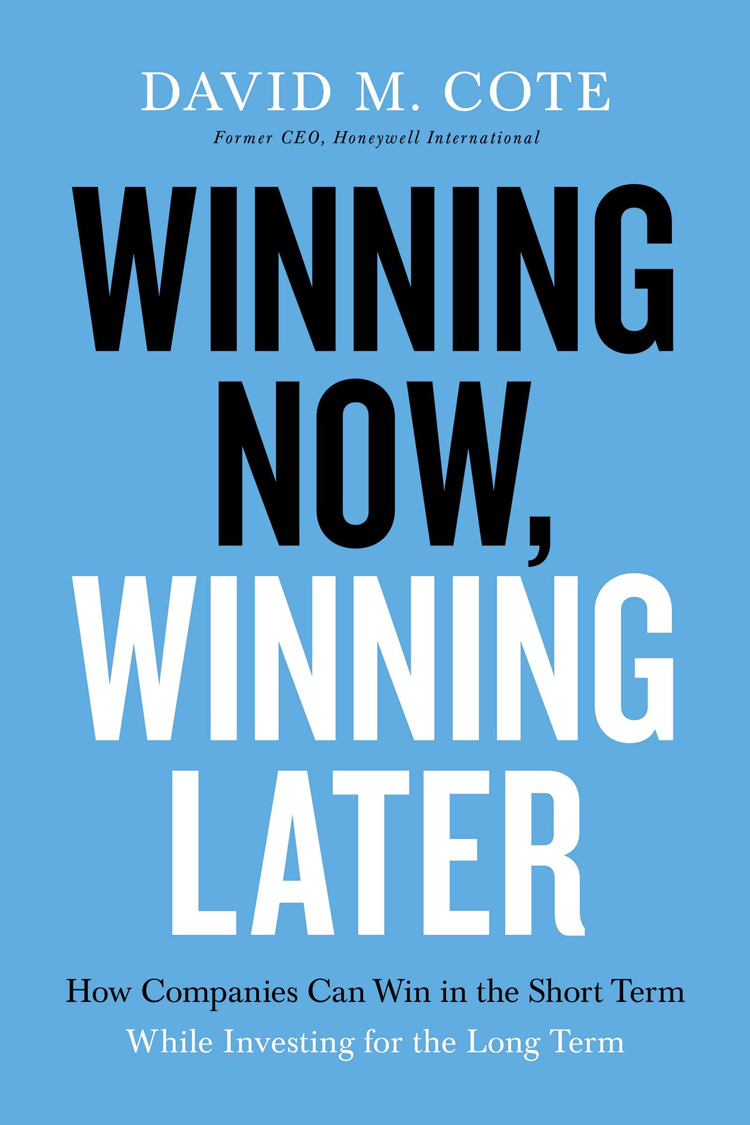
Flatiron Books,
August 2020
n an idyllic summer day in 1878, just after the traveling Ludwig Zirkus wraps up its afternoon performance, a hundred-year wave bears down on the island of Nordstrand, carrying away all but the youngest of Lotte and Kalle Jansen’s four children. As life goes on for the other inhabitants of the German island, Kalle deals with his grief by joining the Zirkus to tend to its animals. Lotte, having lost the will to care for her surviving son, Wilhelm, is taken in by the nuns at St. Margaret’s Home for Pregnant Girls. Soon, Lotte comes to depend on Tilli, an 11-year-old St. Margaret’s resident whose growing attachment to the infant Wilhelm soothes her own grief after her illegitimate newborn is whisked away, and Sabine, the Zirkus seamstress whose teenage daughter remains perpetually childlike. Even as she creates this new family for herself, Lotte finds herself sinking deeper into the myths of her island, which hold the possibility that her lost children are still alive.
Houghton Mifflin Harcourt,
July 2020
n the months leading up to the 1948 presidential election, there was exactly one person who believed that Democratic incumbent Harry Truman could continue to hold the office he’d stepped into when FDR died suddenly a few short months into his fourth term — Truman himself. The country he sought to maintain was deeply fractured: Racism was rampant, foreign relations were complicated and fraught, and Truman was up against a Republican challenger, Thomas Dewey, who had effectively been anointed as the next president by the national press. In his follow-up to 2017’s “Accidental President,” Baime takes readers inside four campaigns — Truman’s, Dewey’s, Henry Wallace’s Communist-sympathizing Progressive Party and Strom Thurmond’s unapologetically white supremacist “Dixiecrats” — to witness the inner workings of America’s first postwar election and a battle for what Truman called “the very soul of the American government.” Set against a backdrop of impeachment headlines, fears that Moscow was trying to interfere with the election, a president in a feud with the press, unprecedented vitriol in the political dialogue and more, Baime’s latest is not only a vivid history lesson, it’s also a remarkably timely exploration of the politics of politics and their consequences.
Read more about Baime, his book and the role UNH played in shaping his successful writing career in UNH Magazine’s exclusive online interview
Flatiron Books,
August 2020
n an idyllic summer day in 1878, just after the traveling Ludwig Zirkus wraps up its afternoon performance, a hundred-year wave bears down on the island of Nordstrand, carrying away all but the youngest of Lotte and Kalle Jansen’s four children. As life goes on for the other inhabitants of the German island, Kalle deals with his grief by joining the Zirkus to tend to its animals. Lotte, having lost the will to care for her surviving son, Wilhelm, is taken in by the nuns at St. Margaret’s Home for Pregnant Girls. Soon, Lotte comes to depend on Tilli, an 11-year-old St. Margaret’s resident whose growing attachment to the infant Wilhelm soothes her own grief after her illegitimate newborn is whisked away, and Sabine, the Zirkus seamstress whose teenage daughter remains perpetually childlike. Even as she creates this new family for herself, Lotte finds herself sinking deeper into the myths of her island, which hold the possibility that her lost children are still alive.
Houghton Mifflin Harcourt,
July 2020
n the months leading up to the 1948 presidential election, there was exactly one person who believed that Democratic incumbent Harry Truman could continue to hold the office he’d stepped into when FDR died suddenly a few short months into his fourth term — Truman himself. The country he sought to maintain was deeply fractured: Racism was rampant, foreign relations were complicated and fraught, and Truman was up against a Republican challenger, Thomas Dewey, who had effectively been anointed as the next president by the national press. In his follow-up to 2017’s “Accidental President,” Baime takes readers inside four campaigns — Truman’s, Dewey’s, Henry Wallace’s Communist-sympathizing Progressive Party and Strom Thurmond’s unapologetically white supremacist “Dixiecrats” — to witness the inner workings of America’s first postwar election and a battle for what Truman called “the very soul of the American government.” Set against a backdrop of impeachment headlines, fears that Moscow was trying to interfere with the election, a president in a feud with the press, unprecedented vitriol in the political dialogue and more, Baime’s latest is not only a vivid history lesson, it’s also a remarkably timely exploration of the politics of politics and their consequences.
Read more about Baime, his book and the role UNH played in shaping his successful writing career in UNH Magazine’s exclusive online interview


Potomac Publishing,
June 2020
so-called kingmaker for the Republican party, Nackey Scripps Loeb wielded uncommon power in the 1980s and 1990s as publisher of New Hampshire’s Union Leader and The New Hampshire Sunday News. Despite her deep roots in the publishing world (she was a granddaughter of E.W. Scripps, who founded a nationwide chain of daily newspapers in the late 1800s) Loeb evinced little interest in the newspaper business until her tumultuous and controversial relationship with conservative mouthpiece William Loeb. In “Political Godmother,” Heckman charts Loeb’s political ascendancy against the backdrop of the right-wing media landscape of the late 20th century, painting a picture of a force of nature more than willing to wield her tremendous clout and ignite the transformation of the contemporary Republican Party.

Winning Later
HarperCollins Leadership,
June 2020
hen David Cote became CEO of Honeywell in 2002, the company was a “train wreck.” But during Cote’s 16-year tenure, Honeywell’s market capitalization grew from $20 billion to $120 billion, delivering returns of 800 percent and beating the S&P 500 by nearly two-and-a-half times, thanks in large part to Cote’s emphasis on both short and long-term results. In “Winning Now, Winning Later,” Cote draws on his Honeywell experience to discuss the successful management of any for-profit or nonprofit organization, focusing on a trio of guiding principles and 10 key strategic and organizational practices.
Hear from David Cote ’76 at a special event for UNH alumni on Oct. 15. Learn more and register at www.unhconnect.unh.edu/cote20


Winning Later
HarperCollins Leadership,
June 2020
hen David Cote became CEO of Honeywell in 2002, the company was a “train wreck.” But during Cote’s 16-year tenure, Honeywell’s market capitalization grew from $20 billion to $120 billion, delivering returns of 800 percent and beating the S&P 500 by nearly two-and-a-half times, thanks in large part to Cote’s emphasis on both short and long-term results. In “Winning Now, Winning Later,” Cote draws on his Honeywell experience to discuss the successful management of any for-profit or nonprofit organization, focusing on a trio of guiding principles and 10 key strategic and organizational practices.
Hear from David Cote ’76 at a special event for UNH alumni on Oct. 15. Learn more and register at www.unhconnect.unh.edu/cote20